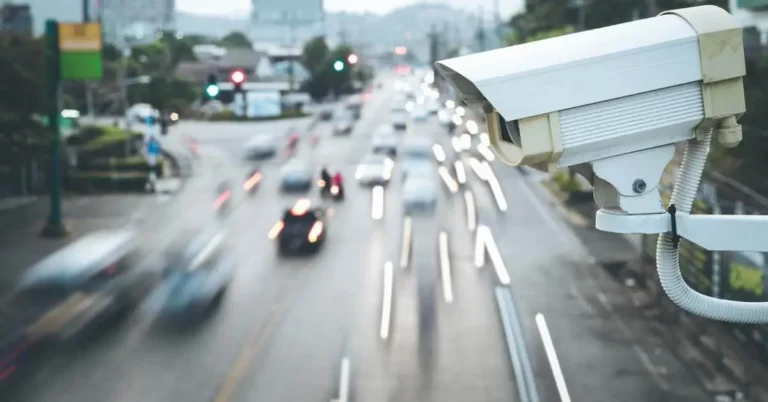Karachi, the bustling metropolis of Pakistan, is on the brink of a transformative leap towards enhanced security with the initiation of the Karachi Safe City Project. Spearheaded by the Interior Minister of Sindh, Zia-ul-Hasan, the project has been catapulted to the top of the priority list, with a substantial check of Rs 1 billion earmarked for its first phase.
The ambitious project, which aims to eradicate crime and facilitate the swift apprehension of criminals, is set to unfold over the next 12 months. This initiative is not just a standalone endeavor but part of a grander vision to extend the safe city framework to other cities across Sindh, post its successful implementation in Karachi.
The Sindh government has demonstrated its commitment to this cause by allocating a generous Rs 3 billion to the project, underscoring the importance placed on the safety and security of its citizens. The recent release of Rs 4 billion for the project’s initial phase by the Sindh government further solidifies this commitment.
At the heart of the project is the installation of 1,300 state-of-the-art CCTV cameras across 300 strategic locations, including the Red Zone and Airport Corridor. These cameras will boast features such as Facial Recognition (FR) and Automatic Number Plate Recognition (ANPR), backed by an eight-hour solar reserve, ensuring uninterrupted surveillance.
The data network will be robust, incorporating photographs of jail inmates into the system, thereby creating a comprehensive database to aid in criminal identification and apprehension. The entire project is expected to reach completion in two-and-a-half years, with the Command-and-Control Building being constructed adjacent to the Karachi Police Office.
Upon completion, the Safe City Project will encompass a total of 12,000 cameras, with an additional upgrade of 2,000 existing cameras. This extensive network will enable effective monitoring of hospitals for suspects, facilitate multiple camera tracking, and integrate seamlessly with national and criminal databases.
The impact of such safe city projects on crime rates has been a subject of study, with evidence suggesting that these initiatives can lead to reductions in crime, particularly violent crimes. The introduction of advanced surveillance systems, coupled with real-time monitoring and database management, has been shown to deter criminal activities and enhance the responsiveness of law enforcement agencies. As Karachi embarks on this journey towards becoming a safer city, the implications extend beyond the immediate reduction in crime. The project is a testament to the government’s resolve to employ technology in the service of public safety, setting a precedent for other cities to follow. With the Safe City Project, Karachi is poised to redefine urban security and establish a new standard for safe living in Pakistan.

